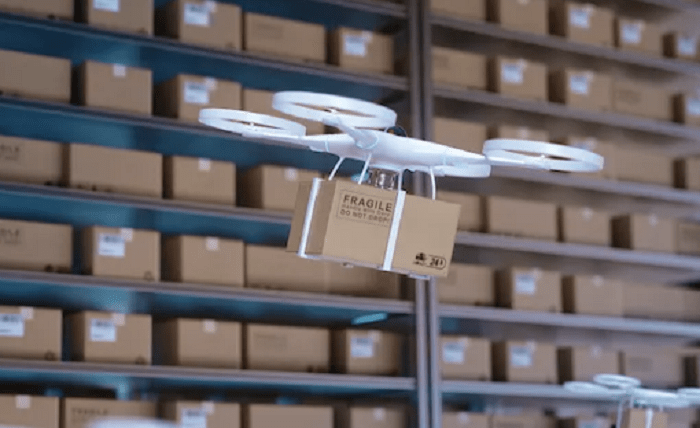The freight forwarding industry is undergoing a remarkable transformation, thanks to cutting-edge technologies that are revolutionizing the way goods are shipped, tracked, and managed. In today’s hyperconnected world, staying competitive in logistics means embracing these innovations. In this article, we will explore the technology trends that are reshaping what is freight forwarding and how these innovations are enhancing efficiency, transparency, and customer satisfaction.
- Blockchain for Transparent Supply Chains
One of the most significant technological advancements in the freight forwarding industry is the adoption of blockchain technology. Blockchain provides an immutable, decentralized ledger that can securely record every step of a shipment’s journey, from origin to destination. This transparency helps in reducing disputes, fraud, and errors in documentation. Furthermore, blockchain-enabled supply chains also provide real-time visibility to all stakeholders, allowing them to track the status and location of their cargo. This enhanced transparency leads to increased trust among customers and partners.
- Internet of Things (IoT) for Real-time Tracking
IoT devices are playing a pivotal role in monitoring the condition and location of goods in transit. These devices, equipped with sensors, collect data on factors like temperature, humidity, shock, and GPS location. The data is then transmitted in real-time to a central platform accessible to shippers, carriers, and freight forwarders. IoT technology allows for proactive monitoring and immediate response to any deviations from the planned route or variations in cargo conditions. This real-time tracking ensures that goods arrive in optimal condition and enables quicker problem resolution.

- Artificial Intelligence (AI) and Machine Learning
AI and machine learning are transforming freight forwarding operations by automating routine tasks, optimizing routes, and predicting potential disruptions. These technologies can process vast amounts of data to identify trends, patterns, and anomalies. AI-powered chatbots and virtual assistants are also enhancing customer service by providing instant responses to inquiries and streamlining communication between stakeholders.
- Predictive Analytics for Demand Forecasting
Freight forwarders are increasingly relying on predictive analytics to forecast demand and adapt their logistics strategies accordingly. By analyzing historical data, market trends, and external factors, businesses can make informed decisions about inventory levels, shipping routes, and carrier selection. Predictive analytics enable freight forwarders to anticipate peak shipping seasons, allocate resources efficiently, and optimize pricing strategies to remain competitive in the market.
- Automation of Documentation and Customs Compliance
Traditionally, the freight forwarding industry has been burdened with extensive paperwork and complex customs documentation. However, advancements in automation technologies have led to the development of software solutions that can generate, manage, and submit these documents seamlessly. Automated documentation not only reduces human errors but also accelerates the customs clearance process, ensuring faster transit times for goods. It also helps in compliance with ever-changing international regulations.
- Digital Marketplaces and Freight Exchanges
Digital marketplaces and freight exchanges are gaining traction in the industry, offering platforms where shippers and carriers can connect, negotiate rates, and book shipments in real-time. These platforms promote transparency, competition, and cost efficiency. By using these digital marketplaces, freight forwarders can access a wider network of carriers, find the best rates, and expedite the booking process, resulting in faster and more cost-effective shipping solutions for their clients.
Conclusion
The freight forwarding industry is evolving rapidly, driven by technological innovations that enhance efficiency, transparency, and customer satisfaction. Blockchain, IoT, AI, predictive analytics, automation, and digital marketplaces are among the key technological trends shaping the industry’s future. Businesses in the freight forwarding sector must know clearly what is freight forwarding in the new age to adapt and remain competitive and provide superior services to their clients. So embrace these new technologies to streamline operations and ensure the safe and timely delivery of goods in an increasingly interconnected global market today.



